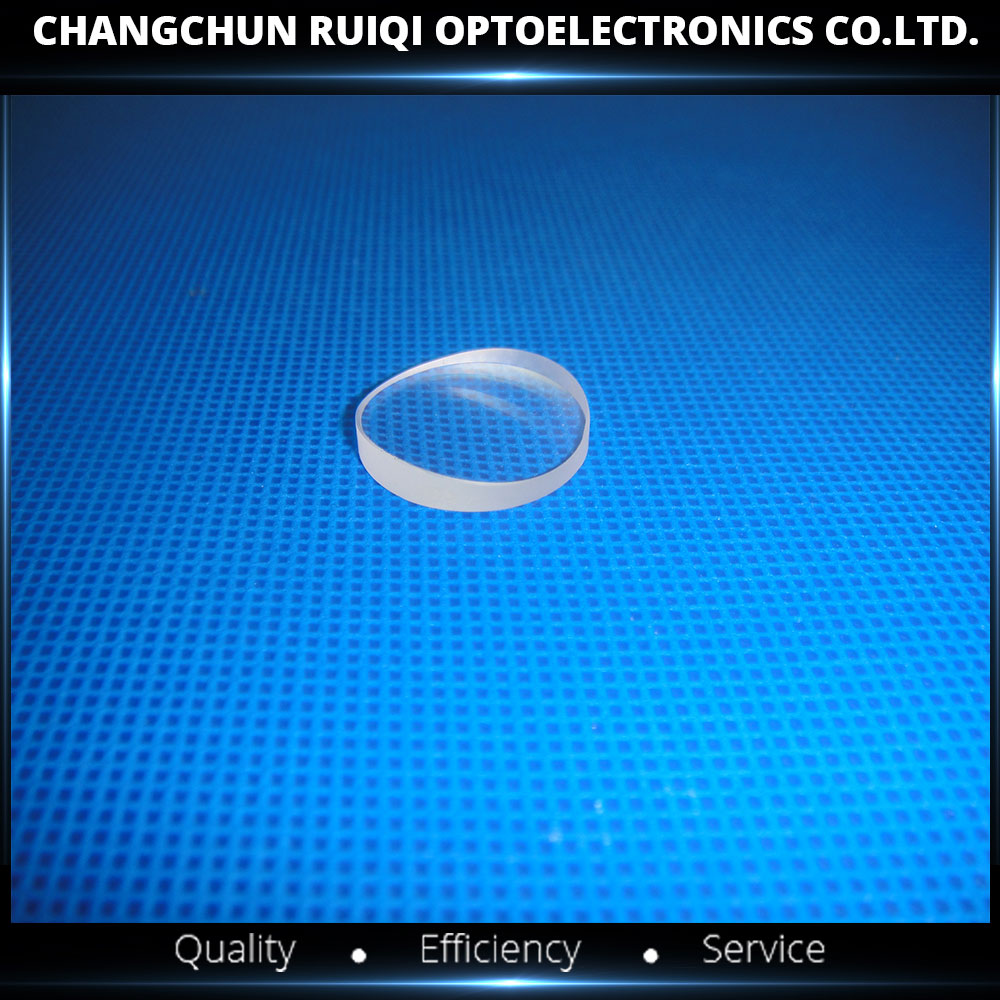A study by the State University of New York found that a large number of plastic bottled water brands contain microplastics. The study, conducted by OrbMedia, tested more than 250 bottled waters from 11 leading brands worldwide and found it to contain microplastic contamination, including polypropylene, nylon and polyethylene terephthalate (PET). A press release issued on March 14 stated that plastic was found in 93% of the samples. The global average of micro-plastic particles is around 325. According to the report, the content of micro-plastic particles per bottle may exceed 10,000. Brands tested by OrbMedia include Aqua, Accra Fin (Baccarat), Bisleri International, Dasani (Coca-Cola), Evian (Daone), Gerotterer Brunnen, Minalbi (Grupo Edson Queiroz), Nestlé (Nestlé), St. Pelican (Nestlé) and Wahaha (Hangzhou Wahaha Group). The sample comes from 19 locations in nine countries on five continents, including Brazil, China, India, Indonesia, Kenya, Lebanon, Mexico, Thailand and the United States. Although most samples are in plastic bottles, the glass bottles contain micro-plastics in the water. Bottled water producers responded by emphasizing that their products meet all government requirements. German beverage company Gerolsteiner told Orb that it tested "the amount of microplastic particles per liter is significantly less than the amount that OrbMedia found in the study." After OrbMedia's investigation, Nestlé tested six bottles of water at three locations. According to Fredericde Bruyne, head of quality at Nestlé, these tests show that the amount of microplastics per liter is between 0 and 5. Other bottled water companies have not agreed to publicly test the results of plastic contamination. According to the European Commission food safety spokesman Anca Paduraru, microplastics are not directly regulated in bottled water. However, she pointed out that “legislation clearly states that no pollutants can exist.†According to OrbMedia, the United States does not have specific regulations on microplastics in food and beverages. The study has not been published in journals or peer-reviewed papers. Real source of goods, cash on delivery! Professional, worry-free recycled plastic trading, come to Amoy regeneration:
Plano-concave cylindrical lenses provide uni-axial negative imaging for anamorphic beam expansion and a wide range of applications.Plano-concave lens is the most common item used for light projection and beam expansion. Coated with antireflective coatings, lenses are used in various optical systems, lasers and assemblies. Catalog items list consist of most common diameter and focal length uncoated lenses made from BK7; UVFS; CaF2 and ZnSe.
Plano Concave lenses have one flat and one inward curved surface. Plano Concave lenses have a negative focal length and are used for image reduction or to spread light.
Rod Lenses are polished on the circumference and ground on both ends. Optical performance is similar to a cylinder lens.
Plano Concave Cylindrical Lens,Double Concave Cylindrical Lens,Meniscus Lenses,Glued Cylindrical Lens Changchun Ruiqi Optoelectronics Co.,Ltd , https://www.ruiqi-optics.com
Collimated light passing through the diameter of the rod lens will be focused into a line. N-BK7 and UV Fused Silica substrates are available for a variety of UV, Visible and NIR applications.Designed for use in a variety of laser and imaging systems, these components are available in a range of micro sizes for
integration into a host of OEM applications. Custom sizes, variations in polishing/ ground surfaces and additional coatings are
available upon request, please contact our Sales Department for details.

The study found that 90% of bottled water contains microplastics
/*kangxianyue 250*250 was created on 2017/3/29*/ var cpro_id = "u2939694";